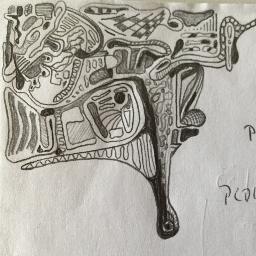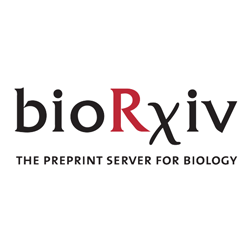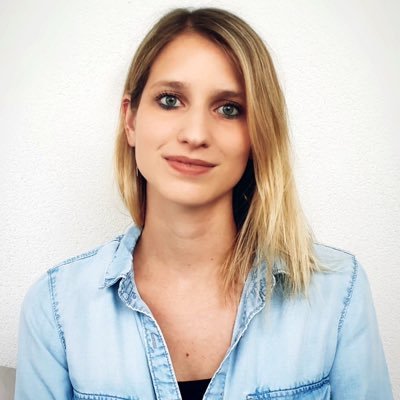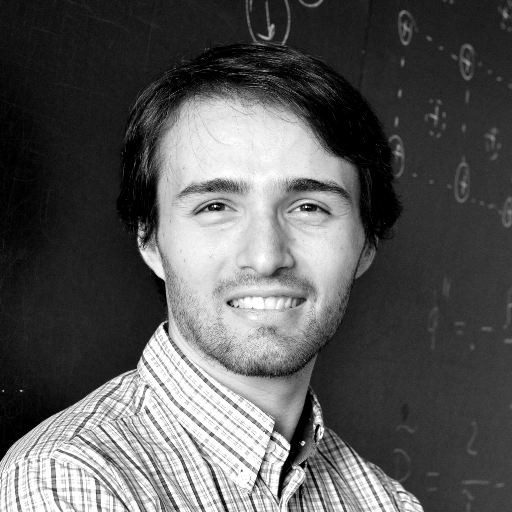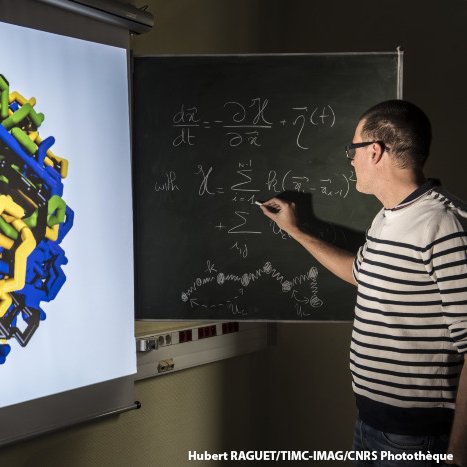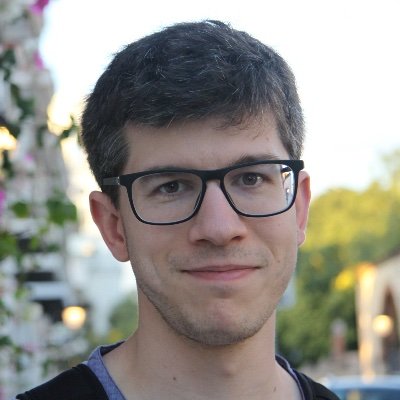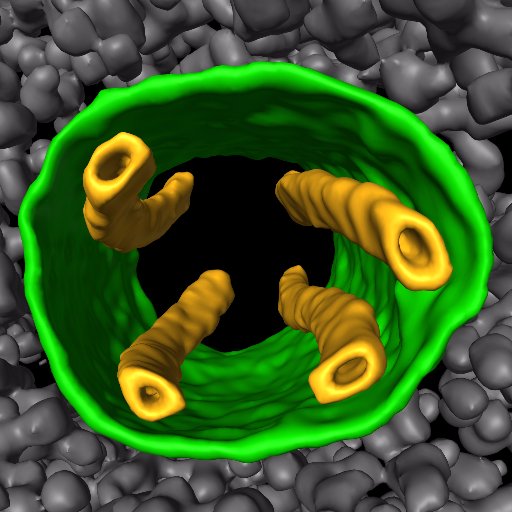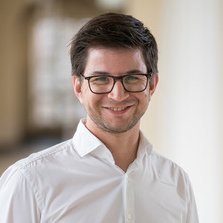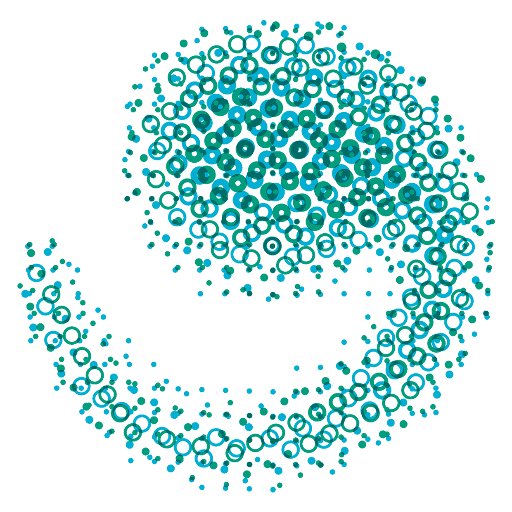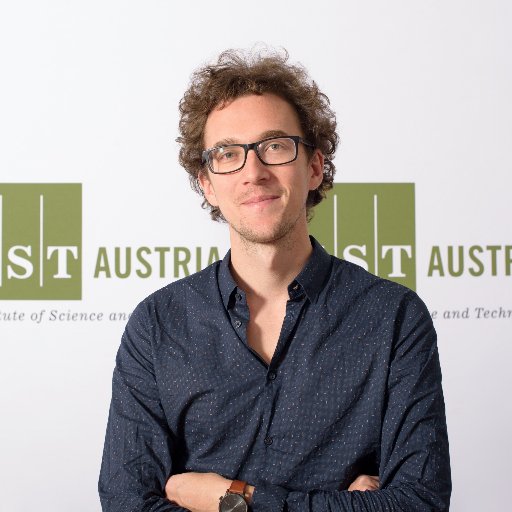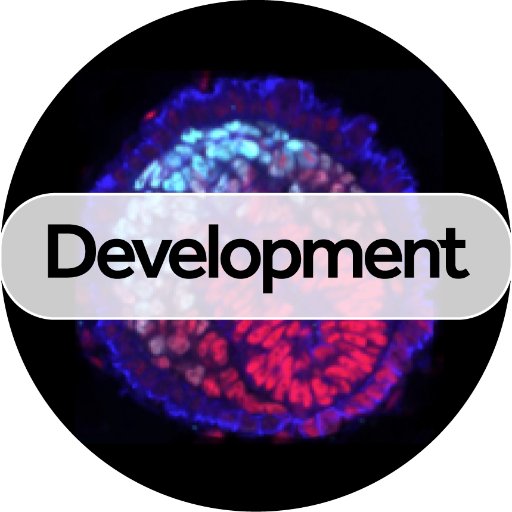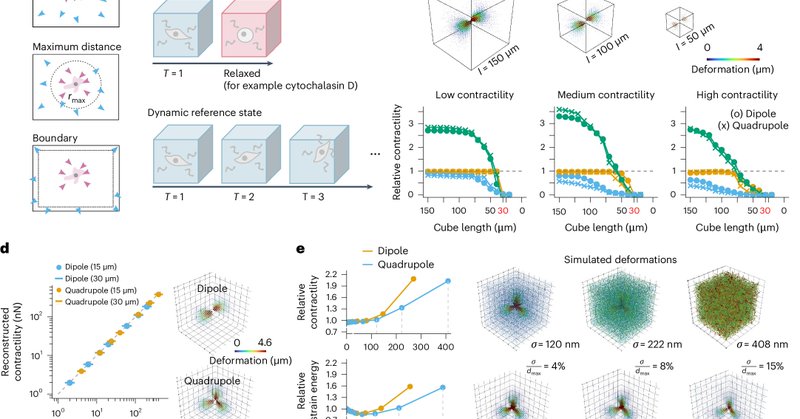
David Brückner
@d_brueckner
Followers
2K
Following
5K
Media
181
Statuses
2K
incoming Assistant Professor @biozentrum @UniBasel_en (start 4/2025) • Theoretical biophysics • find me on the azure heavens: @davidbrueckner.bsky.social
Vienna 🇦🇹🇪🇺
Joined May 2016
Going to stop actively using this platform. Please follow me on bløski / the azure heavens if you know what I mean! Username is in my bio. See you on the other side.
0
0
8
What do bacterial cells do when they run out of nutrients? Although most bacterial studies focus on cells in exponentially growing states, in the wild bacteria likely spend most of their time slowly starving to death. Also, if the total number of 1/n https://t.co/Ewl14FUOfE
biorxiv.org
It is widely believed that due to nutrient limitations in natural environments, bacteria spend most of their life in non-growing states. However, very little is known about how bacteria change their...
1
4
16
I am very excited to share our most recent work on how ‘Cell heterogeneity and fate bistability drive tissue patterning during intestinal regeneration’ ☺️ Thanks a lot to @Silvia_Bar01 @d_brueckner @prisca @EdouardHannezo and all the co-authors!
A perfect start in the new year! 🌱 Regenerating tissues are just an amazing spatio temporal controlled process! Our new manuscript explores how cell heterogeneity and bistability orchestrate intestinal regeneration 🧵 https://t.co/TZaK4D2isb
0
7
58
Check out our new preprint on how tissue heterogeneity controls self-organized patterning!
A perfect start in the new year! 🌱 Regenerating tissues are just an amazing spatio temporal controlled process! Our new manuscript explores how cell heterogeneity and bistability orchestrate intestinal regeneration 🧵 https://t.co/TZaK4D2isb
0
4
30
1/n Our papers on BMP signaling dynamics in the neural tube and protocol for 2D neural tube organoids are out! 🔬🧫 https://t.co/nL4O9et01W 👩🔬⚙️ https://t.co/ievdB6bWHh Work by @Steffi Lehr, @d_brueckner, @jmerrin, @EdouardHannezo, @KichevaLab.
1
8
17
Super excited for this symposium - mark your calendars if you are at the DPG in March!
At the #DPGR25 Spring Meeting, @Fridtjof_Brauns and @d_brueckner will host a symposium on "Physics of Embryonic Development Across Scales: From DNA to Organisms." Very much looking forward to talks from @anne_grapin, Frank Jülicher, @leonidmirny, @petridou_ni and David Rand.
0
1
15
Collagen-IV networks rule the #mechanics of our epithelia, but we know little about how they reshape. Our new preprint (with the 1st coarse-grained MD models of #collagen-IV!) shows how consuming energy during remodelling might make the difference: 📑 https://t.co/yTRbg87fRn 🧵
1
13
47
A great 🇬🇧-🇦🇹team of @BillieMeadowcr1 (currently cycling 🚴♀️ across 🇺🇸) @IvnPla @v_sorichetti and Eryk teamed up with with @NargessKGharibi and @YanlanMao to simulate collagen-iv remodelling under strain and enzymatic activity. @ISTAustria
@LMCB_UCL @UCL_IPLS More ⬇️
Collagen-IV networks rule the #mechanics of our epithelia, but we know little about how they reshape. Our new preprint (with the 1st coarse-grained MD models of #collagen-IV!) shows how consuming energy during remodelling might make the difference: 📑 https://t.co/yTRbg87fRn 🧵
0
1
19
Our paper on modeling DNA replication and its consequences on 3D genome is finally out in @PhysRevX, https://t.co/SLEhoqBwZ7 : Replication machinery may act as a transient loop extruder ! Congrats to Dario and the team !! @CNRS @Lyon_LBMC @ENSdeLyon
Very proud of our new preprint on the coupling between DNA replication and 3D genome using polymer modeling and data analysis. https://t.co/NEFGnKAXn2 We provide strong evidence that the replication machinery may act as a loop extruder on chromatin ! Check the tweetorial 👇
3
10
45
New preprint! We introduce active screws: a new class of active particles that propel by spinning on a substrate. There are several examples: from from gliding microtubules to soil bacteria, and even magnetically-driven colloidal helices. https://t.co/qNJMvF7W4f
2
12
93
Nice press release from @biozentrum @UniBasel_en about our recent @CellCellPress papers on diatom pyrenoids and the amazing PyShell🥧🐚, a key part of the global #carbon cycle🌍♻️. Can this discovery help with Carbon Dioxide Removal #CDR? Only if we reduce emissions first!🛢️🚫
New discovery: Ben Engel's team @bengeliscious has discovered how #diatoms capture #CO₂ so effectively @Biozentrum @UniBasel_en. #Diatoms fix up to 20 percent of the Earth’s #CO₂. The discovery can provide ideas for bioengineering approaches to reduce CO₂ in the atmosphere.
4
11
79
Today our (me+Jeroen van Zon's lab) new 3D cell tracking software is out on biorXiv ( https://t.co/Lt16U51thN). Our student @MaxBetjes presents, what we think, is a fundamental advance in cell tracking: An algorithm that accurately quantifies the uncertainty of its results. 1/10
biorxiv.org
Cell tracking is an indispensable tool for studying development by time-lapse imaging. However, existing cell trackers cannot assign confidence to predicted tracks, which prohibits fully automated...
1
18
51
If you ❤️ chromosomes and loopextruders as much as we do 🤓, then we have an interesting read for you! Here’s Janni’s latest preprint on showing how loopextruders can globally order the chromosome in E. coli and precisely position genes in the cell.
biorxiv.org
Many bacterial chromosomes show large-scale linear order, so that a locus’s genomic position correlates with its position along the cell. In the model organism E. coli , for instance, the left and...
1
4
25
New insights from the Hiiragi group show that the variability in how and when cells divide during embryonic development isn't an obstacle. Contrary to what scientists traditionally believed, this variability promotes healthy development. @DimitriFabreges
https://t.co/jUTdyq4Bw2
1
17
85
Super happy to see this heroic effort by @DimitriFabreges and Bernat Corominas out! Via a quantitative atlas of the developmental trajectories of dozens of embryos, we can see how robust shapes and fates arise from highly stochastic cellular processes! https://t.co/kPVQFtRZrD 1/n
9
61
257
Statistical Physics rocks! 2016, 2021, and (now!) 2024 Nobel prizes highlight the beauty, and the impact of this discipline with groundbreaking results in physics and crucial contributions to other branches of science such as mathematics, neuroscience and machine learning.
BREAKING NEWS The Royal Swedish Academy of Sciences has decided to award the 2024 #NobelPrize in Physics to John J. Hopfield and Geoffrey E. Hinton “for foundational discoveries and inventions that enable machine learning with artificial neural networks.”
16
65
418
🚨Automatically generated TheoBiophysics conference list! I created a webpage with a form to automatically generate a list of conference interesting in the field of Theoretical Biophysics and Quantitative Life Science https://t.co/d4sgUu9U7p Please fill in and keep it clean!
1
5
18
Morphogens in the evolution of size, shape and patterning In this Review, Lewis Mosby, Amy Bowen and @z_hvas @TheCrick @UCL explore how morphogen-mediated patterning evolve and how theory and experiment can be interwoven to bring new perspectives: https://t.co/hDA4S509JJ
2
65
173
Excited to share my latest research in @NaturePhysics: https://t.co/XKWhGJwiMH 🎉🔬 Check out our open-source 3D traction force microscopy and how we detected forces in immune cells! Grateful to my amazing team and collaborators. #NaturePhysics #Science
nature.com
Nature Physics - Immune cells are believed not to generate large traction forces during migration. Now, measurements of natural killer cells in dense tissue reveal bursts of large traction forces...
2
14
56

